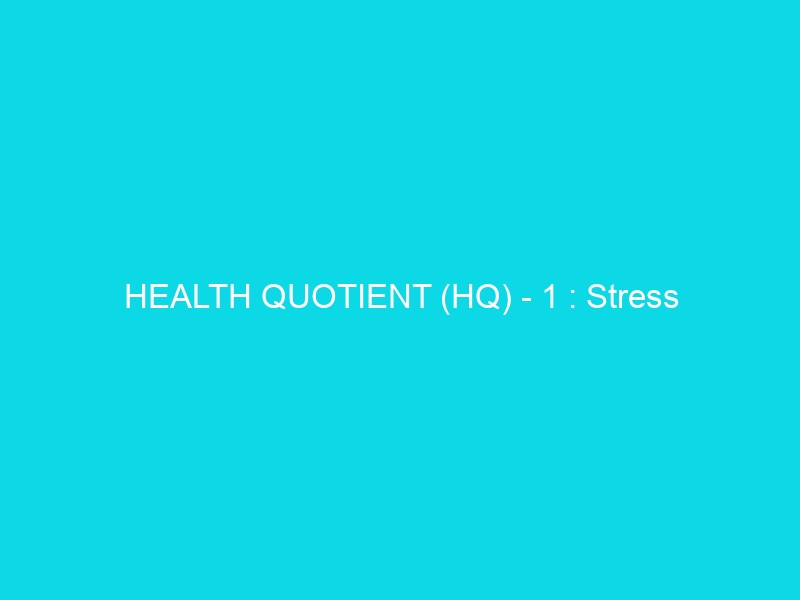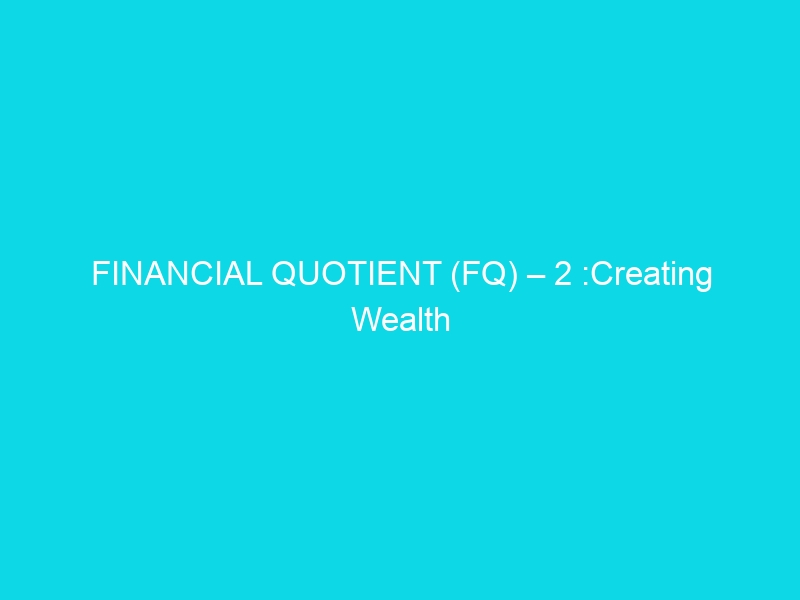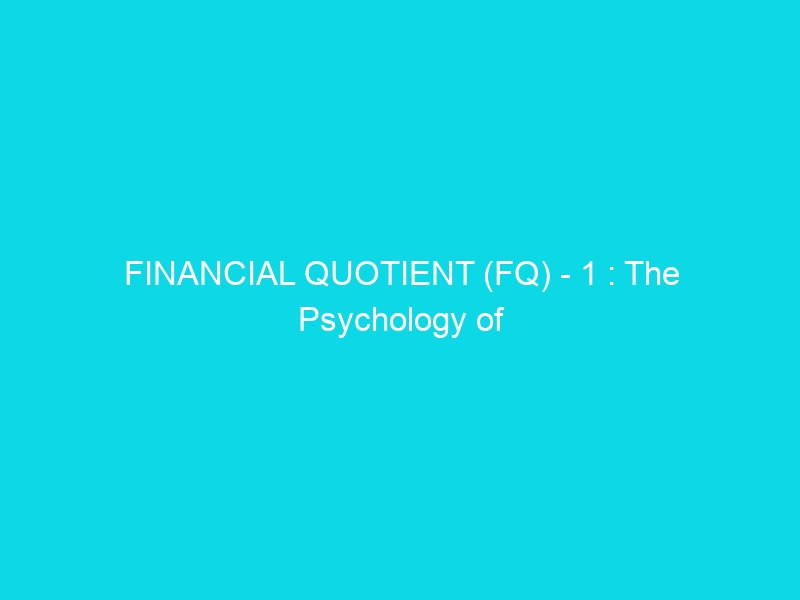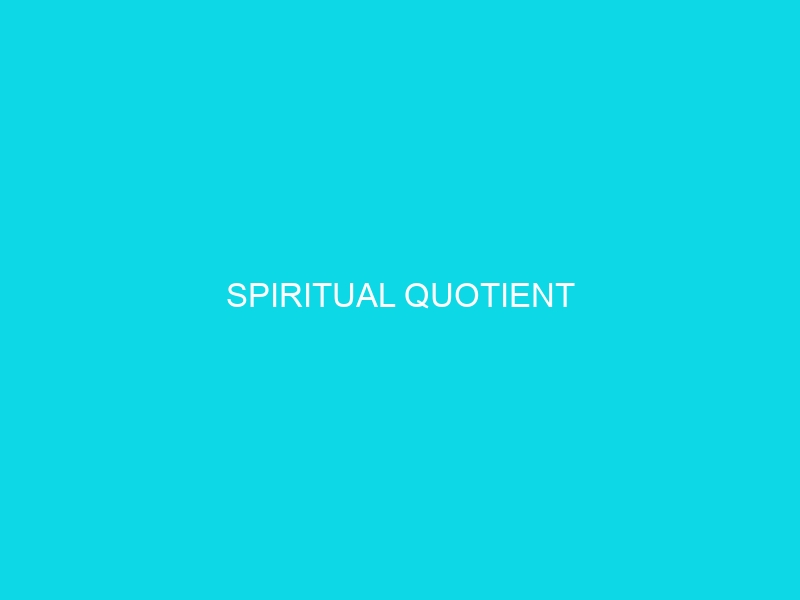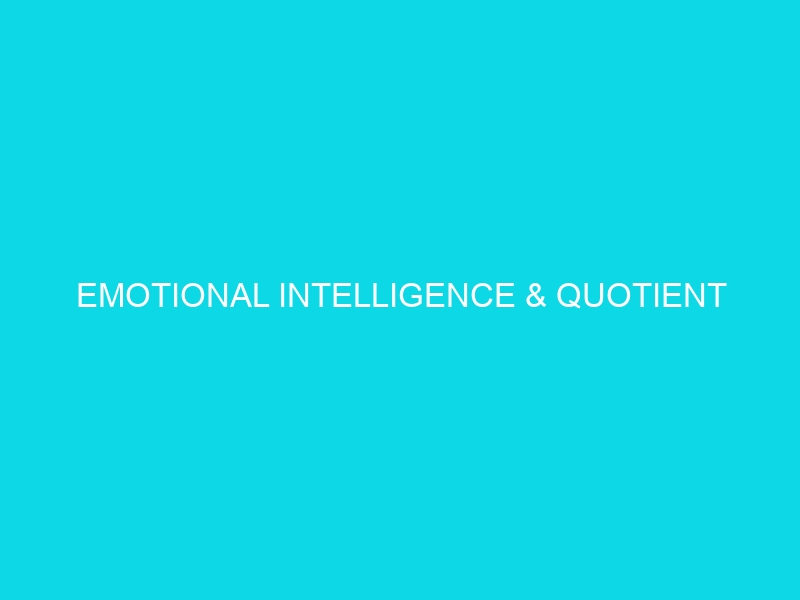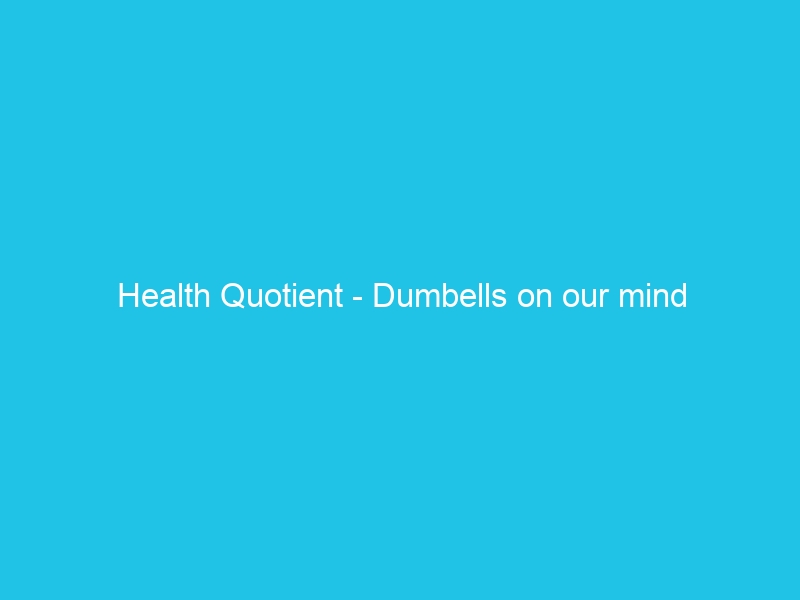To understand the role money plays in your life, do this some time. Try spending a working day with minimal cash in your wallet and no plastic money. Do you feel lighter, less burdened or do you feel anxious by the absence of spending power?
Each of us has a unique relationship with money. Our financial sense is inherited to a great extent from what our parents inculcated in us from childhood and our own experiences as adults. No two individuals are alike and neither is their individual relationship with money.
In the ancient days, people bartered goods and services. One would take pots from a potter and in return, fix his roof. If the blacksmith wanted to buy wheat from a farmer, he would offer a few implements in exchange. That was how business was done.
Money came into the picture, perhaps when people felt that they were getting an unequal deal in the barter. A concept like money would affix value on each good or service, and these would be traded at an agreed price. Even then, money was still considered a means, and not the goal.
Making money is not necessarily a bad goal, as it can get us focused on creating wealth. As someone rightly put it, if creating wealth wasn’t a goal, how would you go about achieving it?
Greed is not necessarily a bad word, it needs to be better defined for today’s times.
Money-making is only as good as where it leads to ultimately. The crux is whether you choose to be defined by the money you make.
Every philosopher, ascetic and prophet has said that if we have our heart set on material things, we will always be disappointed. What do they mean by that? Simply that one can’t fill an emotional void with a physical object. If there’s an emotional void in the area of love, a Tissot watch will not fill it. It will merely distract us for a while. The need of the hour is to find a way of filling that emotional void – spend time with older relatives, children and the underprivileged. Having said that, there’s nothing like celebrating a milestone by gifting oneself a luxury product. Here, the object symbolizes an emotional reward.
There are deeper emotions that dictate one’s relationship with money.
For example, take a spend-thrift or someone very deep in debt. If you analyse the person’s relationship with money, you will probably find that he/she has a deep-rooted belief that they don’t deserve money. So, when money comes along, some inner part of them jeopardizes any attempts to save or invest it. The temptations are bigger, brighter and more colorful and before they know it, they’ve spent it.
Take for instance well-off people who hoard things. It’s a challenge for them to get rid of things they no longer use. If they still manage to send off one truckload of things, they go out and buy two sets of every item they use, just in case. They derive comfort from having things around them. This could be a carry-over from a time when they were financially deprived and couldn’t afford essentials. The feeling of deprivation is so strong that it manifests itself years or even decades later when they are able to afford much more.
Here’s another more common example. A teenager’s need to buy more clothes, accessories, footwear, make-up and the latest mobile phone. It’s not a need to buy as much as a need to keep up with one’s peers. A need for acceptance. There are anxieties that one isn’t attractive enough and there are attempts to fill that void by buying a new pair of jeans when one already has seven others in the wardrobe.
So, what does money mean to you? What role does it play in your life?
Read the second part of this article, FQ – Creating Wealth, in the next issue of Best of Crest.
FURTHER READING:
http://www.asaecenter.org/PublicationsResources/EUArticle.cfm?ItemNumber=11868
http://www.aarpmagazine.org/money/moneystyle.html
http://www.gsb.stanford.edu/news/research/finance_shiv_invesmtdecisions.shtml
(Article written for Best of Crest, 2007)
